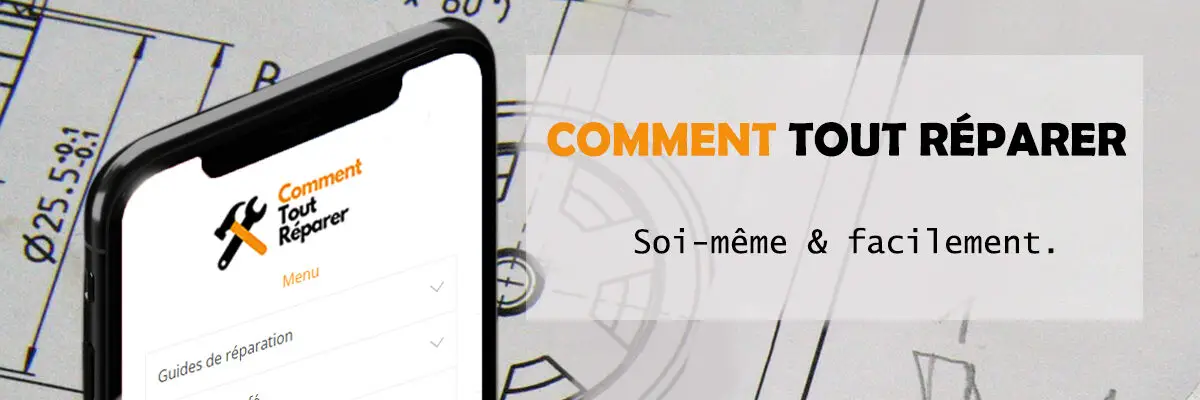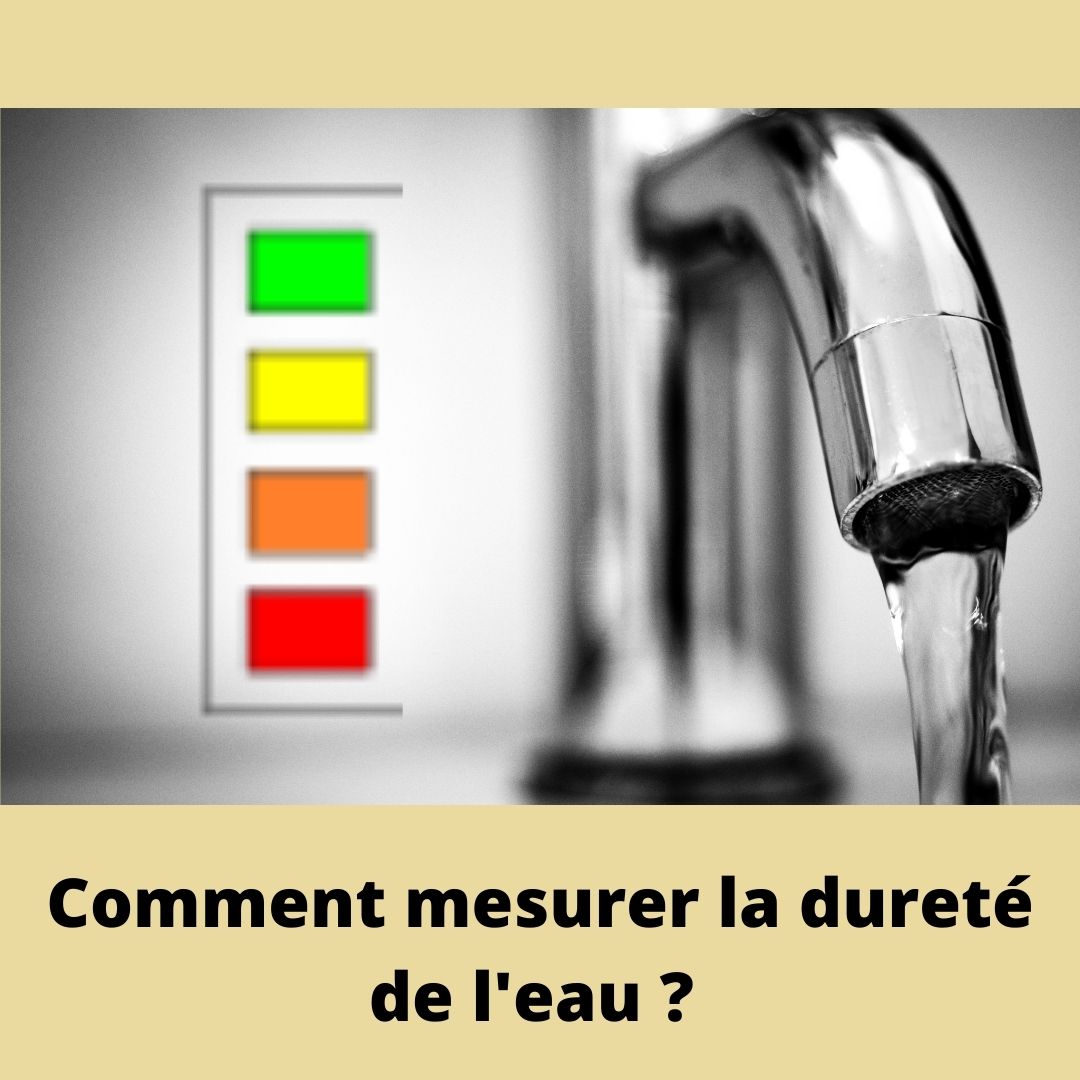Last update September 3rd, 2022
The data concerning the quality of tap water in France are public and available HERE.
They are regularly updated by the ARS, Regional Health Agency. You can also contact your local town hall to obtain the latest health checks on the water and to find out its hardness (limescale content).
Alternatively, you can measure it yourself with a water hardnesstest kit. We explain everything you need to know about water hardness in this article.
What is water hardness?
The hardness of a water, also called the hydrotimetric titre (TH), is its calcium and magnesium salt content. It is expressed in French degrees ” f”. A value of 1 f indicates that one litre of water contains 4 mg of calcium or 2.4 mg of magnesium.
The more calcium and magnesium the water contains, the higher the hardness.
Here is an order of magnitude of the water hardness according to its hydrotimetric titre:
- hydrotimetric title lower than 8 f: very soft water;
- hydrotimetric title is between 8 and 15 f: fresh water;
- hydrotimetric title is between 15 and 30 f: medium hard water;
- Hydrotimetric titre higher than 30 f: very hard water.
What is the purpose of knowing the water hardness?
If hardness has no impact on health, it does on:
- the operation of household appliances: the harder the water, the more they scale up and risk breakdown;
- the state of the pipes: scale deposits in the pipes and with it the risk of blockages and leaks;
- marks on sinks, washbasins, showers: they are due to the limestone present in the water;
- the dosage of detergents: the harder the water, the more detergents (and water to rinse them off) you use.
How to measure water hardness?
In drugstores, DIY stores or on the internet, you can find kits to measure the hardness of your water. Whether they are in the form of strips or with reagents, they are very easy to use.
The test strip is immersed in water: it changes colour according to the hardness of the water. To find out the hardness, please refer to the hardness colour chart provided with the test strips.
For the reagent, mix one drop with the water (one drop equals 1 F of hardness) and continue until the water changes color. To know the hardness of the water, simply count the number of drops used.
What should I do if my water is too hard?
If you feel that your tap water is too hard, you should get a water softener.
There are different kinds of them:
- water softeners with or without salt;
- water softeners with or without electricity;
- water softeners with or without drainage.
Check out all of our guides to help you choose the right water softener for your needs and budget.

